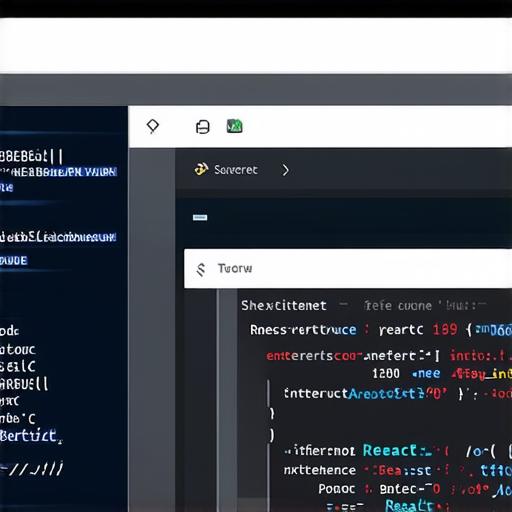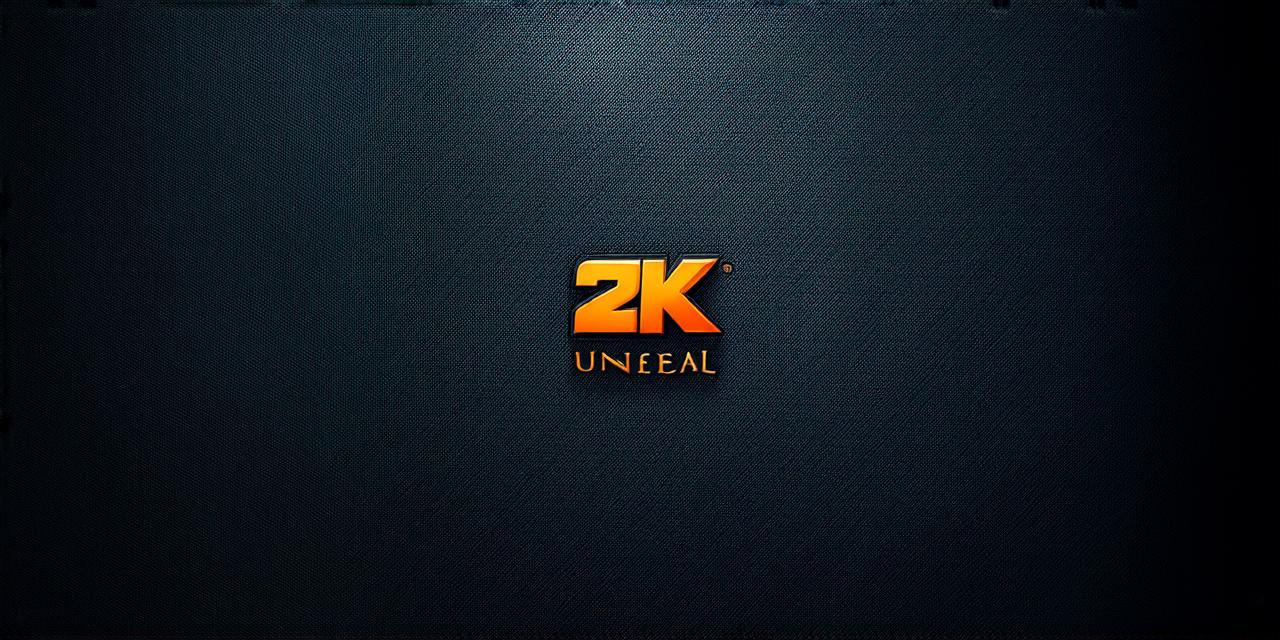In the dynamic world of coding, a quiet revolution is brewing – the rise of declarative programming languages (DPLs). These innovative tools are reshaping how we approach problem-solving in software development. Let’s delve into this fascinating topic and understand why DPLs are worth your attention.
What Exactly is a Declarative Programming Language?
In simple terms, declarative programming languages tell the computer what to do rather than how to do it. This approach contrasts with imperative programming languages, which focus on step-by-step instructions.
The Advantages of DPLs
- Efficiency and Readability – With DPLs, you can express complex logic in a concise manner, making your code cleaner, more efficient, and easier to understand. This is particularly beneficial for large-scale projects where readability and maintainability are crucial.
- Flexibility and Reusability – DPLs allow developers to focus on the desired outcome, enabling them to create flexible solutions that can be easily adapted to different scenarios. This reusability can significantly reduce development time and effort.
Case Study: React in Web Development
React, a popular JavaScript library, is a prime example of a declarative programming language. It allows developers to describe the desired user interface without specifying how it should be rendered. This approach results in more efficient code that can handle complex UIs with ease.
The Future of DPLs
As technology continues to evolve, so too will the role of declarative programming languages. With their focus on readability, efficiency, and reusability, DPLs are poised to become even more prevalent in the coding landscape.
FAQs

Q: Are imperative programming languages obsolete?
A: No, both imperative and declarative programming languages have their strengths and weaknesses. The choice between them depends on the specific requirements of your project.
Q: Can I transition to DPLs easily if I’m already proficient in an imperative language?
A: Yes, many developers find it relatively easy to adapt to declarative programming languages once they understand the conceptual shift. Resources such as tutorials and online courses can help facilitate this transition.
In Summary
The rise of declarative programming languages marks a significant shift in how we approach software development. By focusing on what needs to be achieved rather than how it should be done, DPLs offer efficiency, flexibility, and readability that are increasingly valuable in today’s fast-paced tech landscape.




